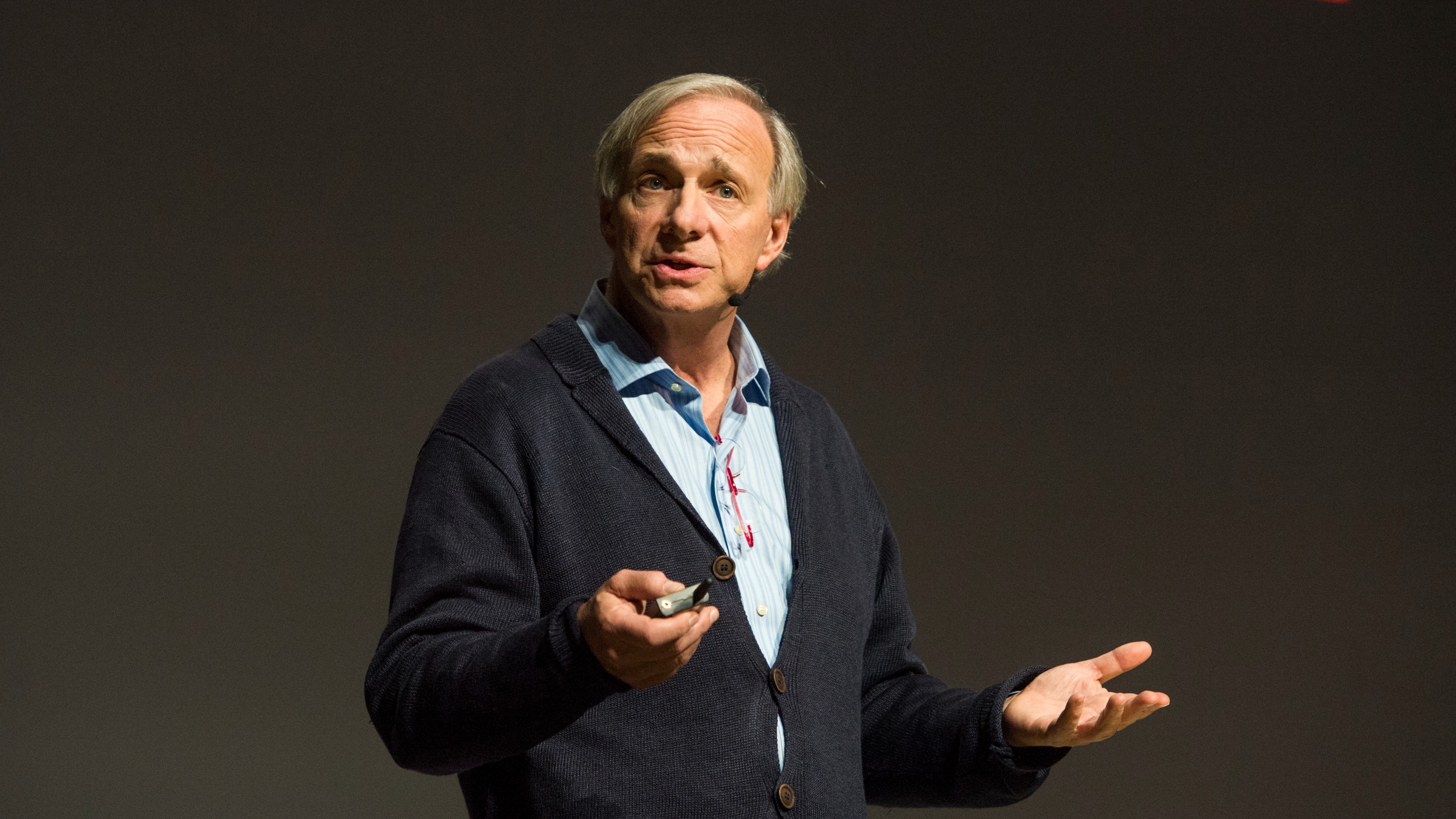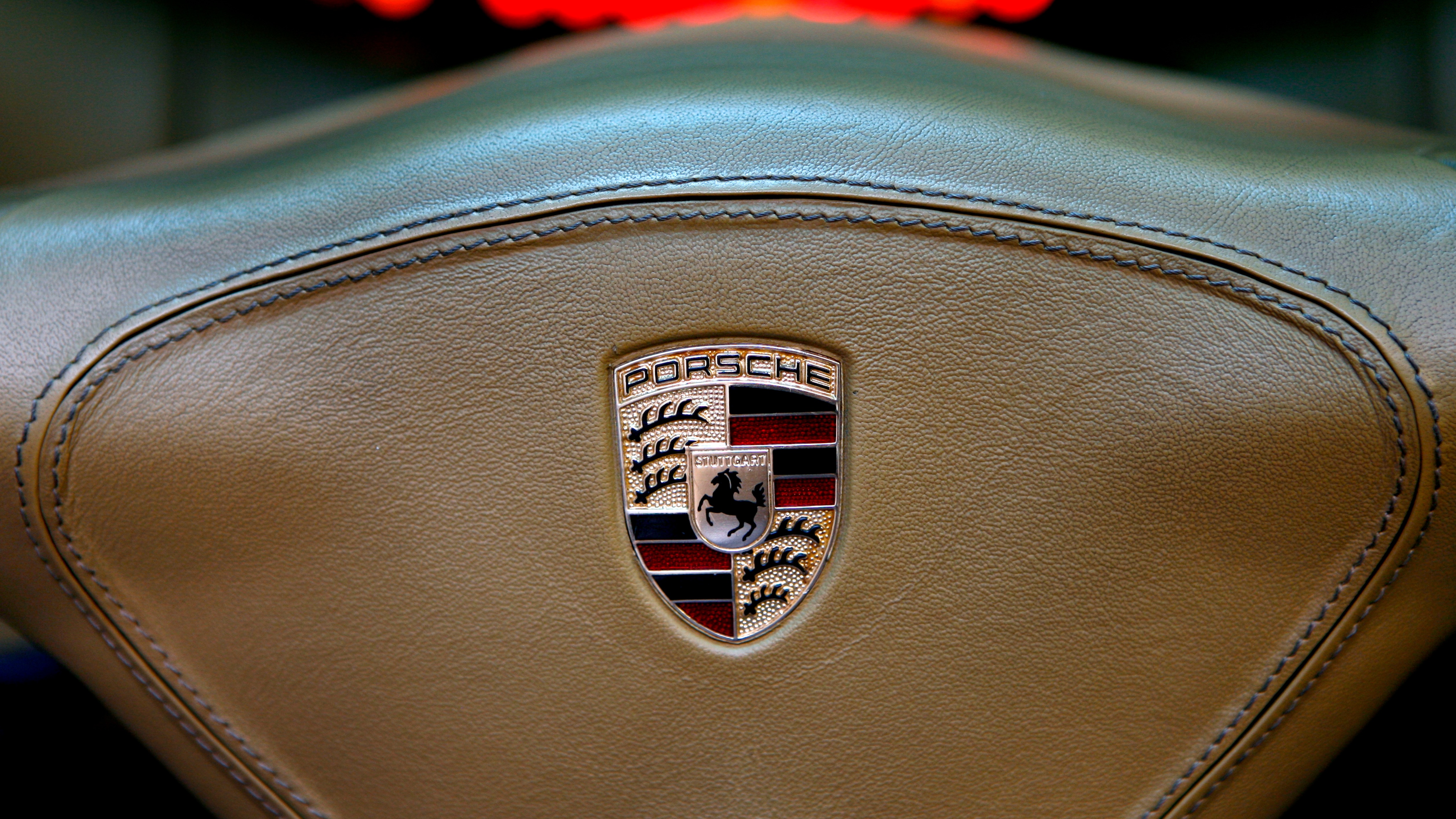In the video series, "Fund Managers' Favourites", Morningstar speaks with UK-based fund managers to learn about their top investment picks. In this video, Morningstar journalist Alanna Petroff speaks with Andrew Beal from Henderson Global Investors about three of his favourite Asian equities. Henderson has been specialising in the Asia-Pacific market since 1994 and describes himself as a stock picker with a growth bias.
Funds and Securities Mentioned in this Video:
Henderson Asian Growth Investment Trust (HAGT)
Cheil Worldwide (030000)
Zhuzhou CSR Times Electric (03898)
Tata Motors (500570)
Video Transcript:
Alanna Petroff: There are plenty of exciting investment opportunities over in Asia, but it can be difficult to pick specific stocks when we're over here and Asia seems worlds away. So joining me now to discuss Asian investments is Andrew Beal, and he runs the Henderson Asian Growth Investment Trust.
Andrew, thanks for coming on and tell me a little bit about your trust and your investment strategy.
Andrew Beal: Yeah, well it does exactly is it says on the tin: so it's all about Asian growth, it's about picking the very best structural growth stories amongst Asian companies and investing in them for the long term.
Petroff: So, tell me about your top three picks right now. We have Cheil Worldwide, CSR Times Electric and Tata Motors. So, let's talk about why you like these companies and we'll start with Cheil Worldwide.
Beal: Yeah, well, Cheil Worldwide is South Korea's largest advertising agency and it's also an affiliate of Samsung Group and there are really a couple of main stories that are driving this stock at the moment.
First of all, you have deregulation of the domestic TV advertising market in Korea. Up until now it's been a monopoly, a government-controlled monopoly. And the government has controlled things like the number of advertising slots that TV companies can have, as well as the price that the ad agencies can charge their clients and also the total market share for ad agencies as well. Now, South Korea is in the process of introducing new commercial TV channels and in order to generate more ad revenues it's deregulating that whole market.
Now, Cheil, is the largest ad agency, even though its market share has been artificially suppressed. It’s also a part of Samsung Group. It’s in a fantastic position to take market share as that deregulation occurs. As well as that, it's got a really great roster of blue chip companies in South Korea, so we think it could emerge as really the dominant force in the domestic TV ad market.
The second part of the story is about overseas expansion. Samsung Group has been investing a huge amount of money in its global brand and buildings its global brand over the last few years. Cheil's had some of that, but in a lot of the markets that Samsung's been spending most heavily in, it hasn't really had the presence to capture that ad dollar. Now, what it's been doing in recent years is acquiring ad agencies in some of these key markets like the US or like China. As it's doing that, it's capturing more and more of Samsung Group's advertising spending. As this global footprint grows out it's also able to pull more of its domestic client base internationally and overseas.
So, we think it all adds up to a pretty powerful story for this company over the next few years. Trades on about 15 times forward earnings, but we think it can generate 15-20% even more, earnings growth per annum over the next three years.
Petroff: Now, let's go to a different market in China, CSR Times Electric.
Beal: Now, CSR Times Electric is a supplier of high value-added electrical components for the railway sector in China and it's interesting from a number of different perspectives. First of all, after a really difficult year for the industry last year, spending on railway is ramping again in 2012. We expect it to continue to grow over the next few years. It's an area of the Chinese economy that's really still quite underinvested. Railway capacity both for passengers and for cargo is pretty low and as China grows and expands, it needs to build that network out. So, government spending on this area of the economy we think is going to stay pretty high for a long time.
Zhuzhou CSR is really interesting because it's a high margin business, technology led. It's a business that’s had high margins, great returns on capital, great cash flows, has a strong balance sheet. As it captures this high value-added component of railway spending, we think that it can continue to grow very, very strongly. It was a business that we bought on really depressed multiples last year, following a really difficult year for the railway sector in China. It's rallied a bit since then, but we still think on 12 times forward earnings with 20% plus earnings growth again over the next few years, it looks like a good long-term plan.
Petroff: Let's move on now to Tata Motors over in India. Why Tata?
Beal: Yeah. Well, Tata has two parts to its business: the domestic business which is mostly commercial vehicles and some passenger cars, and then the overseas business, which is Jaguar Land Rover. Really the excitement is in Jaguar Land Rover. And the story here is that after years of under-investment, under Tata's ownership Jaguar has invested an awful lot in new product and we're just starting now to see the beginning of that that product refreshment cycle at Jaguar Land Rover.
This involves both refreshing old models and also entering new market segments. So, last year we saw the very successful launch of the Evoque, which is a small-sized Range Rover. Whole new market segment for Land Rover. This year we're seeing the launch of a new Range Rover, so the flagship product for Land Rover Group and what we're also going to see over the next 12 months is new sports cars under the Jaguar brand and also line extensions of their very successful mid-sized luxury sedan, the XF.
When you go to 2014, they also have the start-up of their Chinese joint venture. This is really important because China is quite an important market for Jaquar Land Rover, but at the moment they import into that market. As a result, their cars have very, very significant customs duties, tariffs added on top of the prices. As they become a local producer, they come under those tariffs barriers and they become a lot more competitive in the Chinese market, so we think that's a very important development for them.
Overall, Tata Motors trades on a P/E multiple forward of around six times. If this product cycle delivers and we think it should – certainly it's delivered so far – then again, you're looking at a business that could be producing 15% per annum earnings growth over the next three to five years on a six times P/E multiple. That looks pretty compelling to us.
Petroff: So, now, of course the companies all sound great. It looks like a lot of great growth prospects, but there are some risks with any investment. So, let's quickly go over the key risks for Cheil, CSR Times Electric and Tata.
Beal: Yeah. For Cheil, I'd say the key risk is that they have done quite a few acquisitions, so integrating those acquisitions is going to be absolutely key. If they do that then I think the business should flow.
For CSR Times Electric, the big risk is that it's dependent on government spending. The government in China could change its mind. It could decide that it doesn't need to spend as much on railways. It's also part of a larger group so it relies, to a certain extent in terms of its profitability, on what its parent decides it should earn as a profit. We think there are very good reasons why it continues to stay profitable, primarily because it's the part of the CSR Group that it's most likely to generate export earnings, but that's still a risk.
And then for Tata Motors the risk is that it's an auto company. So, clearly, it operates in a very competitive market. It's up against some of the industry giants like BMW and as we know, the auto market can be very cyclical. So, that would be sort of the key risks there.
Petroff: Okay. Thanks very much for coming on.
Beal: You're very welcome.
Petroff: That was Andrew Beal from Henderson, and I'm Alanna Petroff from Morningstar. Thanks for watching.





























